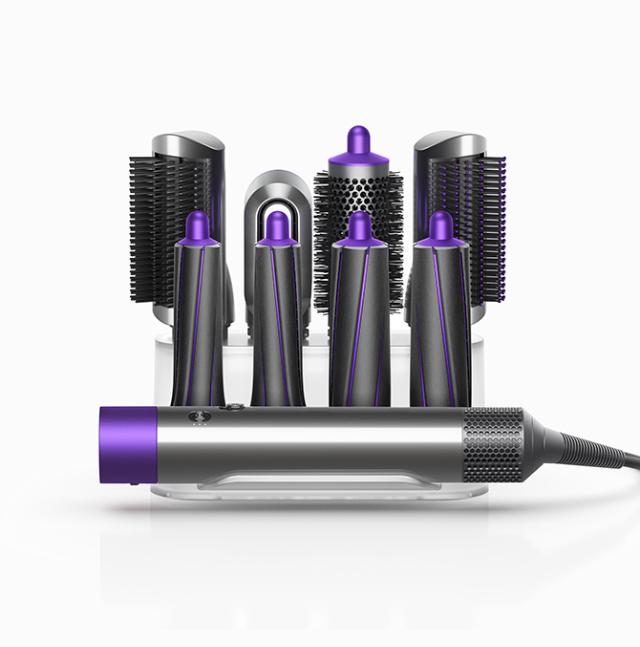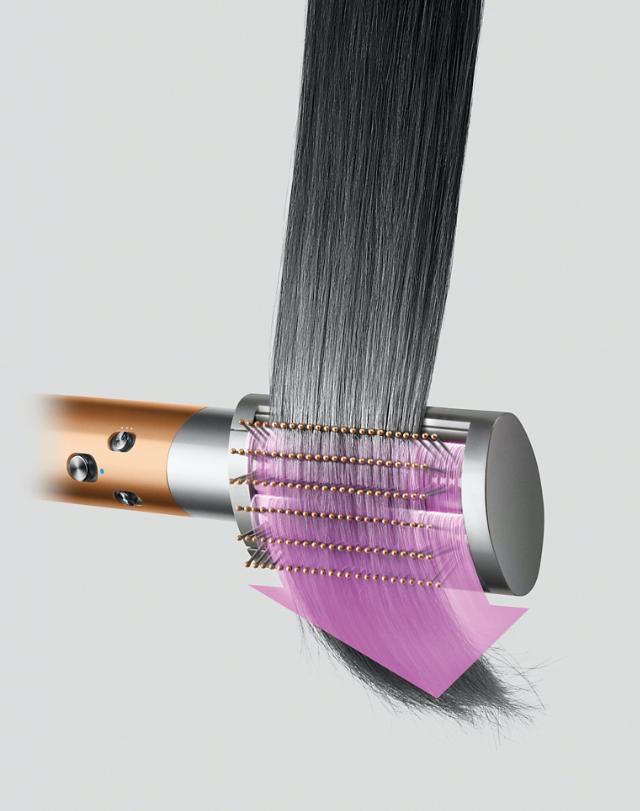![Dyson 310731-01 Moldeador Dyson Airwrap Complete Styler para diferentes tipos de cabello y estilos, color fucsia, Completo Fucsia 1 uds. por paquete ] : Amazon.es: Belleza Dyson 310731-01 Moldeador Dyson Airwrap Complete Styler para diferentes tipos de cabello y estilos, color fucsia, Completo Fucsia 1 uds. por paquete ] : Amazon.es: Belleza](https://m.media-amazon.com/images/I/71VUL7XobHL._AC_SL1500_.jpg)
Dyson 310731-01 Moldeador Dyson Airwrap Complete Styler para diferentes tipos de cabello y estilos, color fucsia, Completo Fucsia 1 uds. por paquete ] : Amazon.es: Belleza

Amazon.com: Dyson Airwrap - Styler completo para múltiples tipos y estilos de cabello, fucsia : Salud y Hogar
![Dyson 310731-01 Moldeador Dyson Airwrap Complete Styler para diferentes tipos de cabello y estilos, color fucsia, Completo Fucsia 1 uds. por paquete ] : Amazon.es: Belleza Dyson 310731-01 Moldeador Dyson Airwrap Complete Styler para diferentes tipos de cabello y estilos, color fucsia, Completo Fucsia 1 uds. por paquete ] : Amazon.es: Belleza](https://m.media-amazon.com/images/I/71hovrSdvyL._AC_SL1500_.jpg)
Dyson 310731-01 Moldeador Dyson Airwrap Complete Styler para diferentes tipos de cabello y estilos, color fucsia, Completo Fucsia 1 uds. por paquete ] : Amazon.es: Belleza
![Dyson 310731-01 Moldeador Dyson Airwrap Complete Styler para diferentes tipos de cabello y estilos, color fucsia, Completo Fucsia 1 uds. por paquete ] : Amazon.es: Belleza Dyson 310731-01 Moldeador Dyson Airwrap Complete Styler para diferentes tipos de cabello y estilos, color fucsia, Completo Fucsia 1 uds. por paquete ] : Amazon.es: Belleza](https://m.media-amazon.com/images/I/71wj5Q481BL._AC_SX466_.jpg)
Dyson 310731-01 Moldeador Dyson Airwrap Complete Styler para diferentes tipos de cabello y estilos, color fucsia, Completo Fucsia 1 uds. por paquete ] : Amazon.es: Belleza

Amazon.com: Dyson Airwrap - Styler completo para múltiples tipos y estilos de cabello, fucsia : Salud y Hogar

Dyson Airwrap Complete Multistyler anthracite/fuchsia (2018) desde 649,90 € | Black Friday 2022: Compara precios en idealo

PROBANDO DYSON AIRWRAP COMPLETE. Tu CABELLO se RIZA SOLO! VALE LA PENA? demo/reseña DETALLADA. - YouTube
![Dyson 310731-01 Moldeador Dyson Airwrap Complete Styler para diferentes tipos de cabello y estilos, color fucsia, Completo Fucsia 1 uds. por paquete ] : Amazon.es: Belleza Dyson 310731-01 Moldeador Dyson Airwrap Complete Styler para diferentes tipos de cabello y estilos, color fucsia, Completo Fucsia 1 uds. por paquete ] : Amazon.es: Belleza](https://m.media-amazon.com/images/I/81qMvLE0v7L._AC_SL1500_.jpg)
















